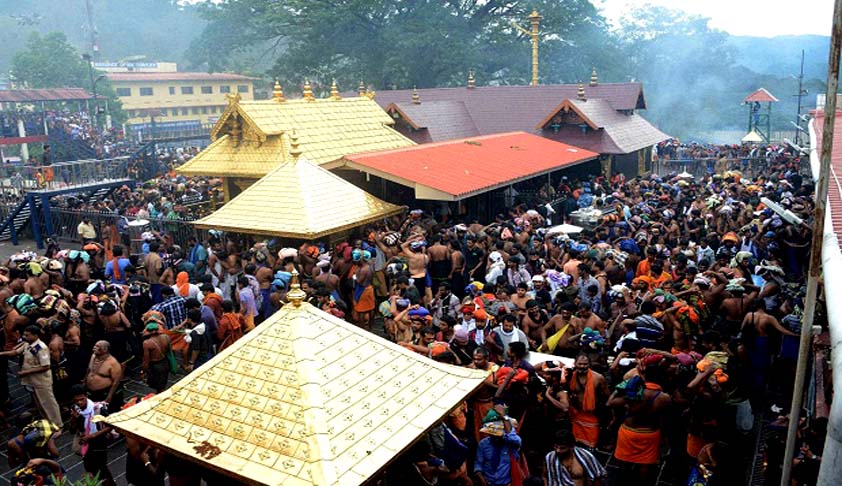- Home
- /
- Top Stories
- /
- Sabarimala: SC says constitution...
Sabarimala: SC says constitution demands gender equality
LIVELAW NEWS NETWORK
18 April 2016 8:41 PM IST
Ban on entry or women cannot be bracketed with issues relating managing of religious affairs as gender equality is a constitutional message, the Supreme Court said today on the contentious issue relating to Sabarimala shrine in Kerala.“Gender equality is a constitutional message and they (temple management) cannot say that this (banning women) comes under their right to manage...
Next Story



